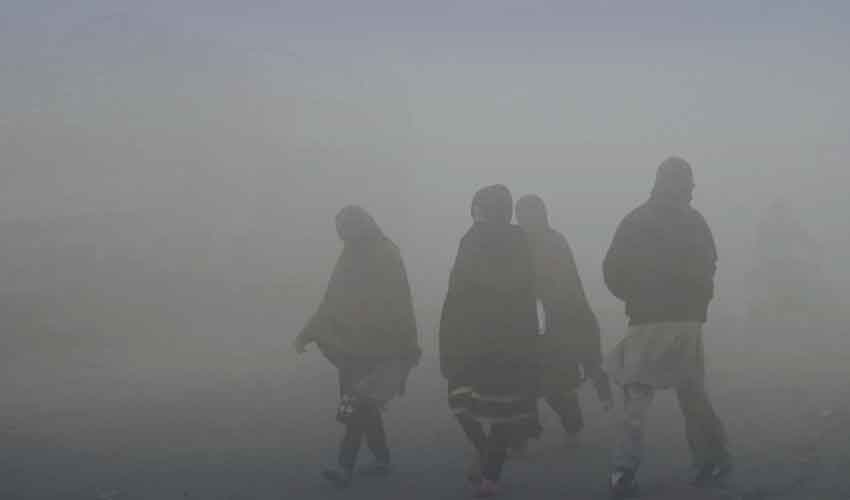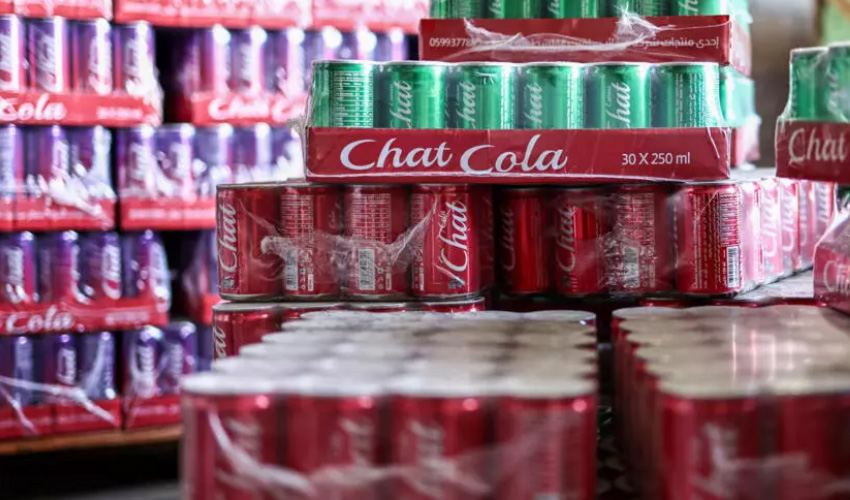In the lead-up to the general elections scheduled for February 8, Pakistan is bracing itself for a potential surge in petrol and diesel prices.
Sources privy to the development said the Prime Minister Anwaarul Haq Kakar-led caretaker government after a series of consecutive reductions in petroleum prices, is considering a substantial increase of Rs 7 per litre.
Should the decision materialise, it would mark the first uptick in petrol and diesel prices since November 1, 2023. Experts closely monitoring petroleum markets suggested that this time, the circumstances are unique, attributing the possible price hike to recent geopolitical events.
The attacks on ships in the Red Sea by Houthi rebels in the Middle East have led to a notable increase in global oil prices.
Current petrol and diesel prices
On January 15, the government slashed the price of petrol by Rs8 per litre and maintained high-speed diesel for the next fortnight.
The finance ministry said that the decision regarding the revised petroleum prices was given the green light by the caretaker prime minister, signifying the government’s commitment to mitigating financial burdens on the public, especially during a sensitive interim period.
Following the significant drop, the new price of petrol is Rs259.34 per litre and Rs276.21 per litre for HSD, it added.
Global oil prices
In the past week alone, the international market has witnessed a surge in the price of petrol, climbing from $83 to $89 per barrel. Simultaneously, high-speed diesel prices have seen an increase from $93 to $97 per barrel.
The overall crude oil price has experienced an uptick from $76 to $80 per barrel. The unrest in the Middle East has significantly contributed to this surge, affecting oil prices worldwide.
Rupee Stability
Despite the global surge in oil prices, experts anticipate a relatively moderate impact on petrol and diesel prices in Pakistan. The stabilization of the Pakistani rupee against the US dollar is cited as a mitigating factor. Analysts suggest that without this stabilizing influence, the increase in petroleum product prices could have been more pronounced.


























